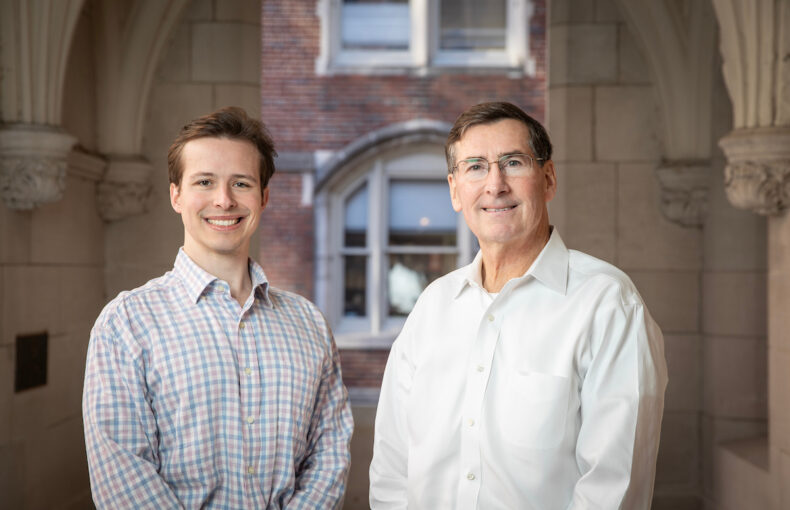In childhood, asthma is more common in boys than girls. But around the time of puberty, that picture reverses. By mid-life women are twice as likely as men to have asthma.
Researchers at Vanderbilt University Medical Center (VUMC) believe they know why. It has to do with the male hormone testosterone. Their findings, reported Nov. 28 in the journal Cell Reports, could lead to new ways to treat this chronic and often difficult-to-treat respiratory disease.

Dawn Newcomb, PhD, assistant professor of Medicine and of Pathology, Microbiology and Immunology, led the study.
For some time it’s been known that a rare population of white blood cells called ILC2 play a central role in the propagation of allergic responses and asthma. People with asthma have increased numbers of ILCs circulating in their bloodstream compared to their healthy counterparts.
Using a method called flow cytometry, the researchers counted the ILC2 number in adult men and women with moderate to severe asthma as well as in healthy controls.
There was no difference in the ILC2 number in healthy men and women, but among those with asthma, women had more ILC2 than did men.
Using a mouse model, the researchers then determined that testosterone reduced ILC2 proliferation as well as ILC2-mediated airway inflammation. Their findings provide one potential explanation for the increased prevalence of asthma in adult women.
In addition to sex hormones, multiple genetic and environmental factors play a role in asthma, the incidence of which nearly doubled worldwide between 1990 and 2015.
An estimated 358 million people had asthma in 2015, according to a Global Burden of Disease study. That year the disease was responsible for nearly 400,000 deaths, most of which occurred in developing countries.
“Defining the role of sex hormones on ILC2-mediated airway inflammation is imperative to effectively design future clinical trials and develop new therapeutic strategies for asthma and other ILC2-mediated diseases,” the Vanderbilt researchers concluded.
Jacqueline-Yvonne Cephus, a research assistant in Newcomb’s lab, was the paper’s first author. Vanderbilt faculty members who contributed to the study included R. Stokes Peebles, MD, Kelli Boyd, PhD, DVM, Vasiliy Polosukhin, MD, PhD, ScD, Shinji Toki, PhD, and Weisong Zhou, PhD.
The research was supported by National Institutes of Health grants HL122554, AI121420 and AI095227 and by the U.S. Department of Veterans Affairs.











